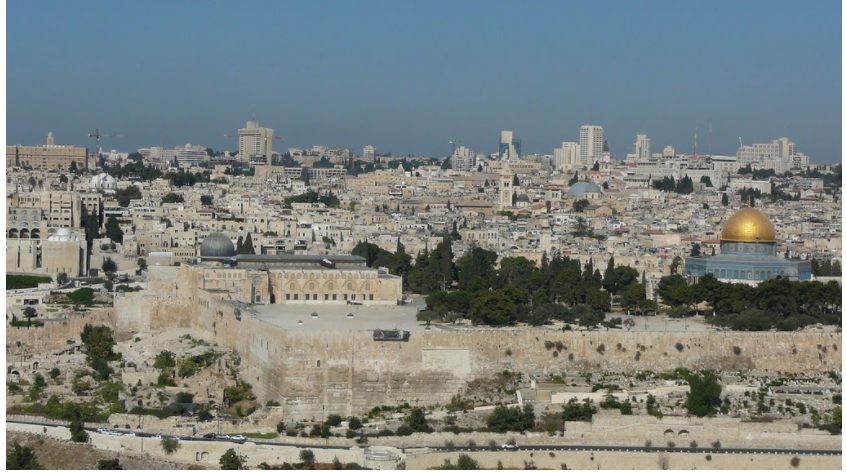Three more countries have announced they will open embassies in Jerusalem in the coming months.
Serbia is planning to move its embassy from Tel Aviv to Jerusalem, following the precedent set by the United States and Donald Trump. Malawi and Kosovo have also announced they will place embassies in the holy city, their first diplomatic missions with Israel.
Kosovo and Serbia made the decision as part of the broader economic normalization deal that the United States brokered.
Malawi’s move to place an embassy in Jerusalem marks not only the first African embassy but also the first African diplomatic presence in the city. A handful of European countries maintain a consulate-general there. Uganda, another African nation, has signalled interest in placing an embassy in Jerusalem¹ as well, but no official announcement has been made.
These new embassies bring the total number of countries with their primary diplomatic stations in Jerusalem to five, with Guatemala being the first to join the U.S. in 2018.
While the news is bound to excite some parties in the Knesset, major international powers have hesitated to follow America’s lead² in moving their embassies to Jerusalem. That hesitation stems from the broad concern that recognizing Jerusalem as the capital, and moving embassies there, could weaken the Palestinian position in the negotiation process for a Two-State solution. An additional concern that could hamper other international actors from moving their diplomatic mission is the high potential for backlash from petro-states, such as Saudi Arabia or Qatar, who do not recognize Israel as a country. Serbia and Kosovo are also both under fire from the European Union, which has warned the two Eastern European countries that this move could undermine their future applications for E.U. membership, according to reporting by AP News³.
The 2020 presidential election has also cast a pall on the future of the American embassy in Jerusalem, with the loss of staunch ally Donald Trump to Joe Biden. President-Elect Biden has given contradictory statements regarding his plans for the region. While campaigning in April he promised that he would not return the embassy to Tel Aviv⁴, instead opting to reopen a consulate in East Jerusalem for Palestinians. A month after that comment, though, Biden promised⁵ to reverse all Trump actions that could hinder the peace process in the region, casting doubts on the embassy’s future. Additionally the Democratic Party platform⁶ has included explicit language opposing annexation of Palestinian territory, a break from the last platform that could signal changing attitudes among the party that has historically been in lockstep with Republican lawmakers.
Both regional Muslim politicians⁷ and Middle East experts⁸ are worried that international recognition of Jerusalem as the diplomatic capital of Israel could legitimize Israeli control of the entire city, with the Turkish president Recep Erdogan saying “Mr. Trump! Jerusalem is a red line for Muslims.” Jerusalem has been under unified Israeli control since the eastern half was captured during the 1967 Six-Day War. This could further damage the negotiations between Israel and Palestine, which have been deteriorating since the landmark 2000 Camp David Summit.
¹https://www.timesofisrael.com/uganda-president-says-he-is-studying-opening-embassy-in-jerusalem/
²https://www.bbc.com/news/world-44126517
³https://apnews.com/article/61cac994c0b1e7a3221ef8ea74d4f9f1
⁴https://www.middleeasteye.net/news/joe-biden-keep-us-embassy-jerusalem-if-elected-president
⁸https://www.vox.com/2018/5/14/17340798/jerusalem-embassy-israel-palestinians-us-trump

